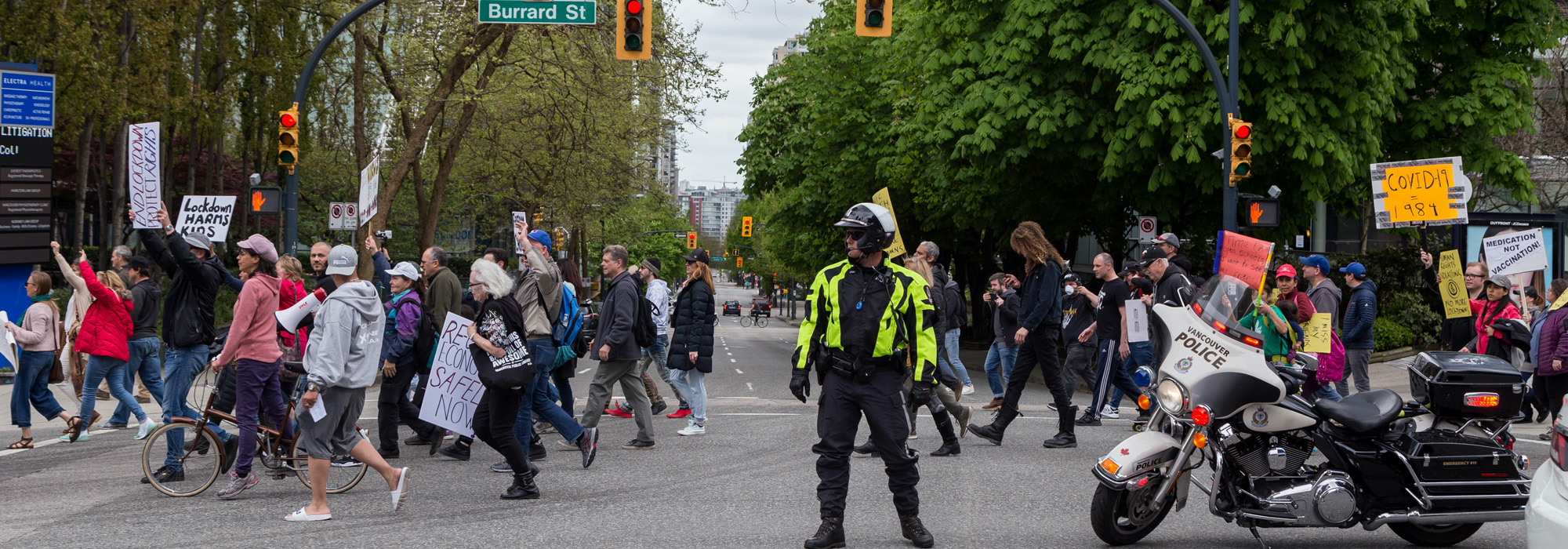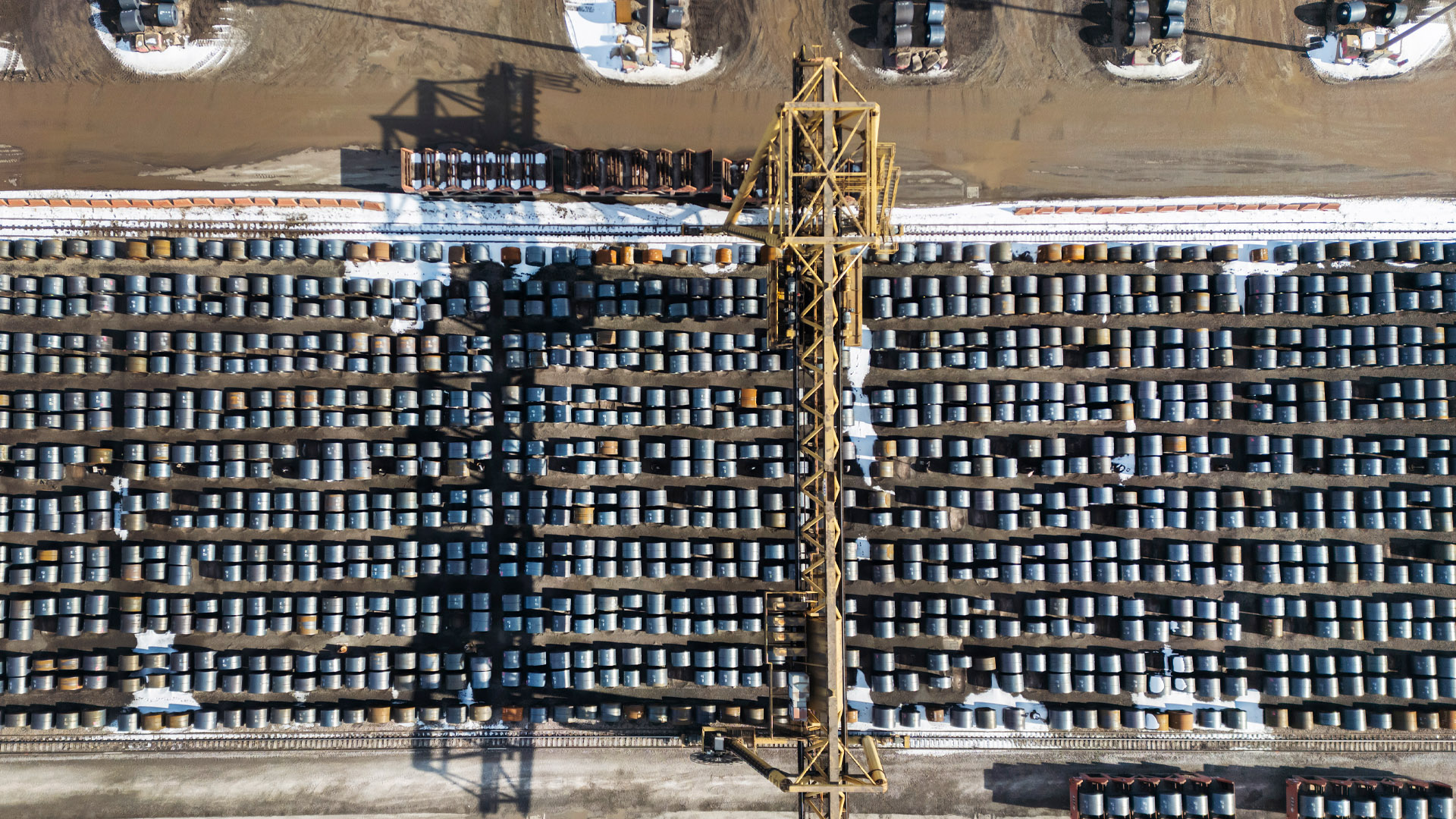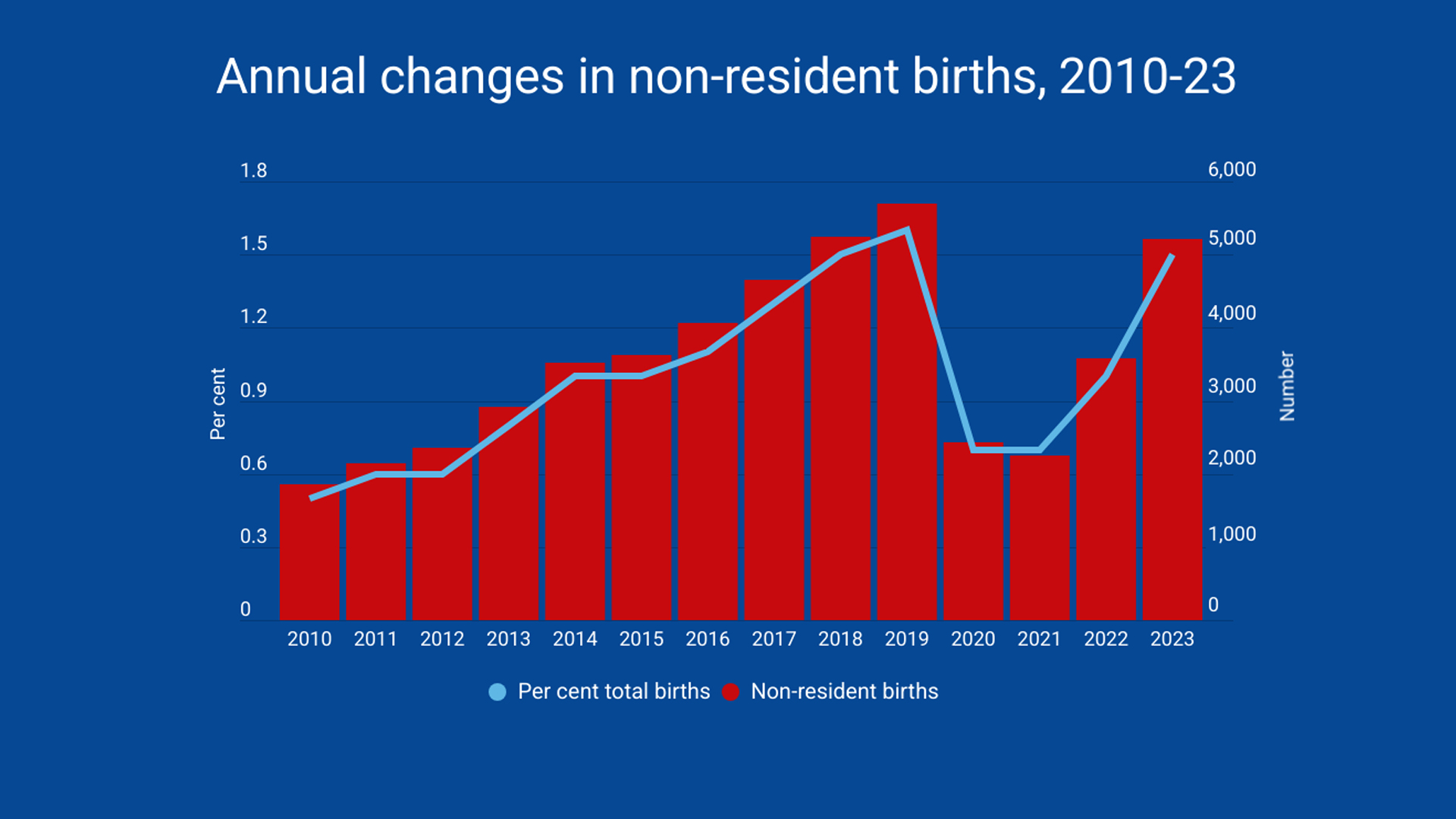
The pandemic is political. While COVID-19 is essentially a public health crisis with massive economic effects, political decisions facilitated the spread of the virus, and politics guides how governments are working to keep it at bay. Appreciating the politics of the pandemic is vital to understanding how we got here, what we are doing about it and what the post-pandemic world may look like.
While there has been some analysis on the political aspects of the pandemic, it merits further attention. Contemporary political science is a strange creature in many ways. It is quite derivative, drawing on other fields such as psychology, economics and sociology. Although this borrowing can be viewed as a weakness, it also can be a seen as a significant strength because it gives the field the ability to analyse the individual, societal, governmental and international aspects of events.
In that spirit, we offer a political science perspective on events and debates surrounding the pandemic and potential considerations for moving forward as Canada ponders an end to confinement and scenarios for recovery.
The novel coronavirus originated in China, and that country’s handling of COVID-19 has been the subject of significant debate. The Chinese government began by silencing whistleblowers in the early days of the epidemic and then took drastic measures to control the spread of the virus. China has now reinvented itself as a global champion in the fight against the pandemic through generous public and private transfers of personal protection equipment abroad.
China deceived and used coercive measures initially to control information and distort COVID-19 statistics, on which we relied for modelling other countries’ pandemic trajectories. With questions raised about its handling of the virus, China also tried to demonstrate international leadership and benevolence to compensate.
This is the contradictory universe of authoritarianism, where the projection of power and influence at home and abroad is built on image. Authoritarian states have always relied on their image as an essential part of how they govern and legitimate themselves. At home, image management is not just about the dictator masquerading as the enlightened despot, it is also often a reminder of what the state stands for and expects from its citizens.
Image management in foreign affairs is just as important, particularly for a burgeoning regional hegemon such as China. Authoritarian states regularly mask the ugly to promote their shiny brand. In China’s case, early signals that hinted at failings, including the failure to anticipate the danger of COVID-19 and to react, were replaced by stories of its effective responses and its ability to prove itself as a global leader in the fight against the pandemic.
China’s handling of the crisis has also led to a series of questions about the World Health Organization (WHO). The organization’s approach to COVID-19 highlights the pressures and limits that international organizations face. While these organizations are essential for fostering global cooperation, providing guidance and leading international initiatives, they remain subordinate to states and the contentious nature of international politics.
Notably, international organizations are not only dependent on states for financial contributions, but for information, access and goodwill. In the absence of these, international organizations can achieve only so much, and their ability to perform their advising and coordinating functions is hampered.
In the context of the current pandemic, the twin pressures of information denial from China in the early months and the upcoming financial punishment from the United States will weaken the WHO. It will complicate efforts to build back a reputation that has arguably been tarnished, whether justified or not, by its handling of the pandemic. For all their internal flaws, international organizations like the WHO are only as effective as states and the international environment allow them to be.
On the other hand, Canada’s relationship with the WHO since the first months of 2020 reminds us that certain states are heavily invested in international organizations, not only for the coordination and guidance they offer, but also for what they represent and provide as hallmarks of the liberal international order. The Canadian government’s determination to follow WHO guidance was in part a reflection of the fact that no one state has the capacity to handle the pandemic alone.
Multilateralism involves the sharing of information and pooling efforts together to do more while enjoying economies of scale, giving groups of states far greater reach with more effectiveness than they could achieve alone. Other smaller countries chose to follow a more independent and prudent approach regarding WHO advice when the first signs of a possible pandemic emerged. In theory, Ottawa might have been able to do the same. But Canada’s determination to follow WHO guidance equally reflects a larger commitment to multilateralism and the global order that the country helped build after the Second World War.
An interesting aspect of the Canadian response has been the placing of public health expertise at the forefront of decision-making.
Working with the WHO, rather than going it alone, is a form of good international citizenship for Canada and an expression of the fact that global problems require global solutions. While this has led to questions about the efficacy of Canada’s initial response to the pandemic, appreciating the multilateral dimension of the Canadian approach sheds light on why Ottawa stuck by the WHO and why it likely will continue to do so.
Within Canada, the debate is turning toward decisions made by governments, federal and provincial, and the information and advice they have been providing citizens. An interesting aspect of the Canadian response has been the placing of public health expertise at the forefront of decision-making.
Public health officials have been providing daily briefings and ministers have been steadfast in assuring citizens that the measures and policies that have been put in place reflect expert advice and the best available evidence. This approach has been met by expressions of significant trust in government, as observed by various polls.
As Canada begins to contemplate a loosening of restrictions, experts in public finance will likely join their public health counterparts in providing critical advice to ministers. This expert advice has been vital to Canada’s response and will be as important for the country’s recovery.
Yet expertise will not be enough. Political decisions will still need to be made, as studies of evidence-based policy tell us. This will involve weighing the evidence provided to ministers from different competing sources, managing the uncertainty that necessarily accompanies advice about the future and balancing trade-offs between public health considerations, economic concerns and citizens’ tolerance for restrictions over the long-term.
No one field of expertise can provide complete advice on these trade-offs. But these decisions will require political judgment, an attribute that belongs with politicians and their political advisors.
Finally, when political judgement begins to take on greater importance, the risks associated with having experts as the public face of the government’s response will increase. Canada’s Chief Public Health Officer Theresa Tam has already become a political and media target, including in the form of inexcusable racist attacks on her loyalty to Canada. This is no fault of Tam’s. It is an unfortunate consequence of her public profile. If decision-making around the lifting of restrictions becomes more contentious, ministers will need to increasingly emphasize that they are responsible for the government’s actions.
Indeed, as the field of policy studies indicates, giving expert officials visibility increases trust, but it can also create confusion about who is accountable for decisions. Although they may have an interest in fostering this confusion, responsible ministers should leave no doubt that “the buck stops with them.” Politics must come back to the forefront, where it belongs.
This article is part of the The Coronavirus Pandemic: Canada’s Response special feature.
Photo: People in Vancouver protesting the COVID-19 lockdown orders in April 2020. Shutterstock.com, by Adam Melnyk








